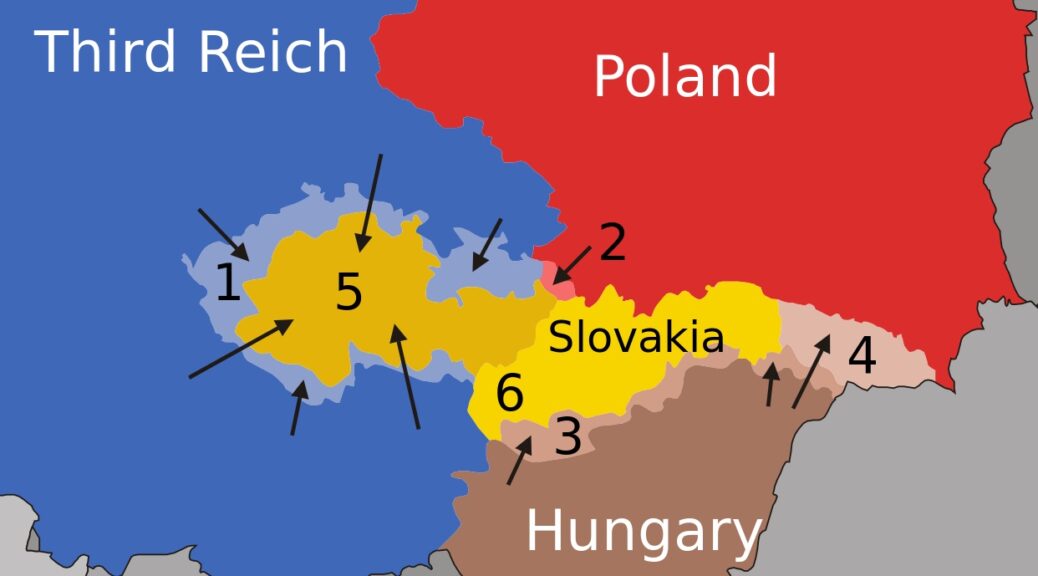


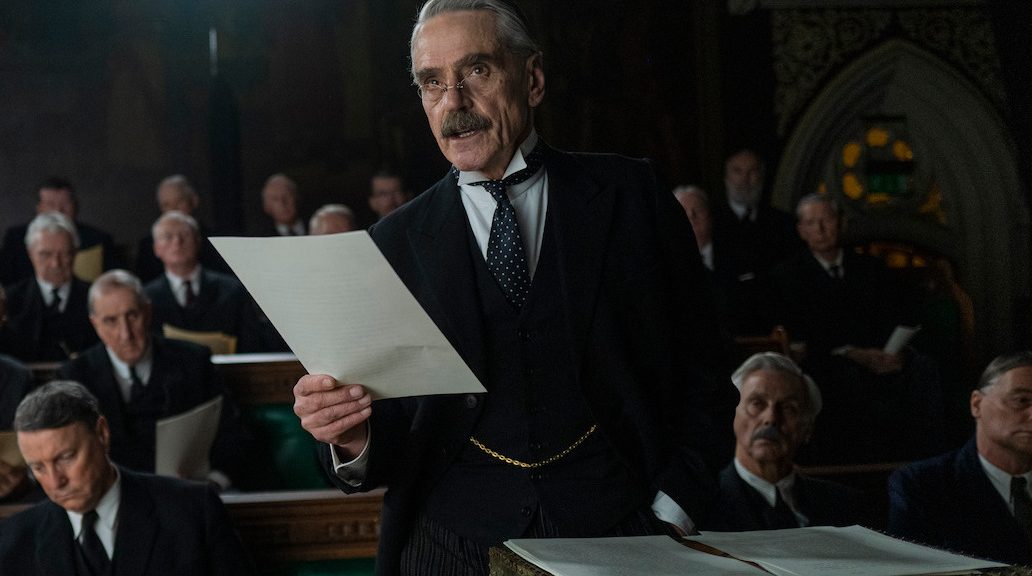
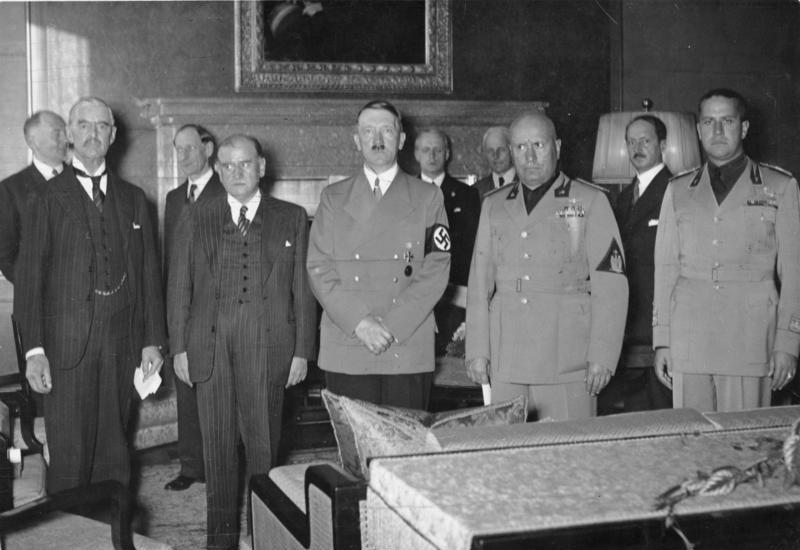
Journalist Leo McKinstry’s Churchill and Attlee is a deft analysis of a political odd couple who led Britain’s Second World War coalition government. Now, eighty years since the death of Neville Chamberlain, he has published an excellent appraisal in The Spectator. Churchill’s predecessor as Prime Minister, Chamberlain negotiated the 1938 Munich agreement. “Peace for our time,” he famously referred to it. In the end, he bought the world peace for a time.
Mr. McKinstry is right to regret that Chamberlain has been roughly handled by history. “The reality is that in the late 1930s Chamberlain’s approach was a rational one,” he writes.…
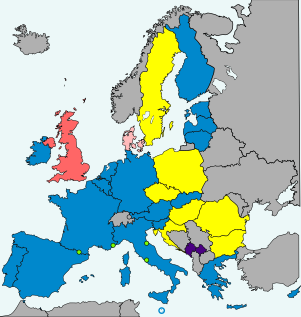
Brexit aftermath, June 2016: In voting to leave the European Union, Britain has opted to become another Norway. One of the most prosperous and contented countries in the world, Norway does fine with its own laws, currency, and trade agreements, including a good one with the EU. It is hardly a bad model.
Short-term troublesThe gnashing of teeth over the upset Brexit victory resounds around the world. For awhile, chaos will attend financial markets, and the pound will take a dip (boosting British exports).
The Scots voted against Brexit, though not in the numbers predicted.…
Ivan Maisky: “The greatest sin of modern statesman is vacillation and ambiguity of thought and action.”
Gabriel Gorodetsky, ed., The Maisky Diaries: Red Ambassador to the Court of St. James’s. New Haven, Conn.: Yale University Press, 634 pages, $28.80, Kindle $19.99, audiobook $36.32.
Excerpted from the Hillsdale College Churchill Project. To read in full, click here.
____________________________
A striking work of scholarship (actually an abridgement of a three-volume complete work coming in 2016), this book will inspire fresh scholarship on Churchill, Russia and World War II. Ivan Maisky was a penetrating observer of 1932-43 Britain, and Gabriel Gorodetsky connects every long gap in his diaries with informed accounts of what was happening.…
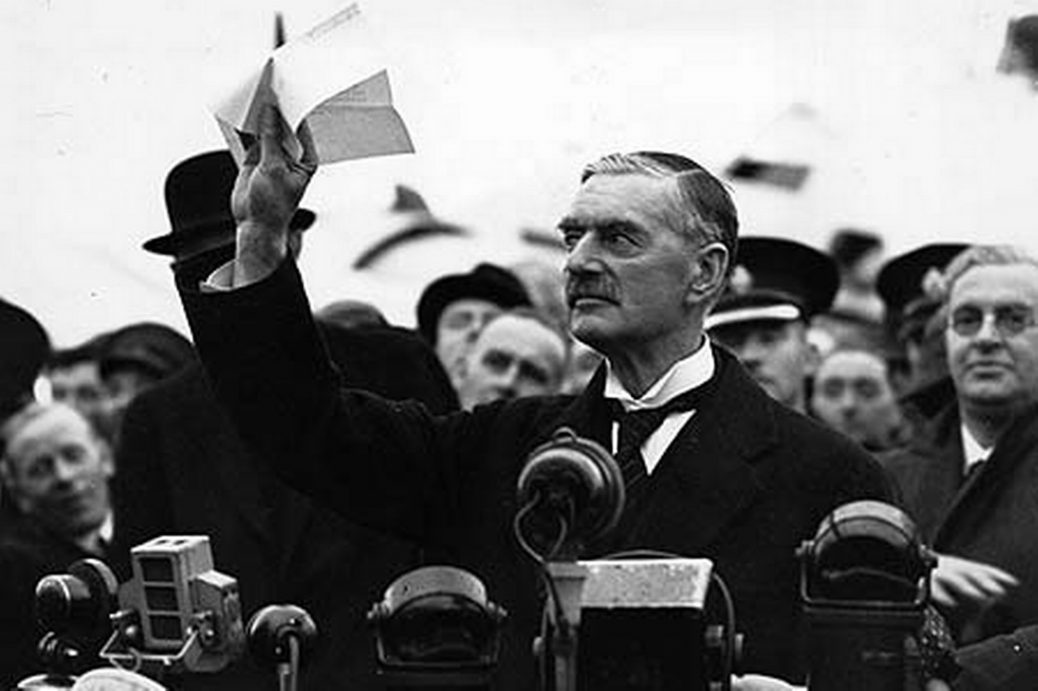
…And Mark Steyn is not Winston Churchill,” writes Tim Reuter in Forbes.
—a rather thoughtful piece, though a bit harsh on Mr. Steyn, who offered exactly the right take on Neville Chamberlain. He was “an honorable man who believed he was acting in the interest of his country.” That was also how Churchill eulogized him after Chamberlain’s death in 1940.
It is reassuring to know that Iran is (thank goodness) not Nazi Germany; and that the Iran nuclear deal and Munich are not analogous. But some of Mr. Reuter’s sentences rest uneasily next to each other.…